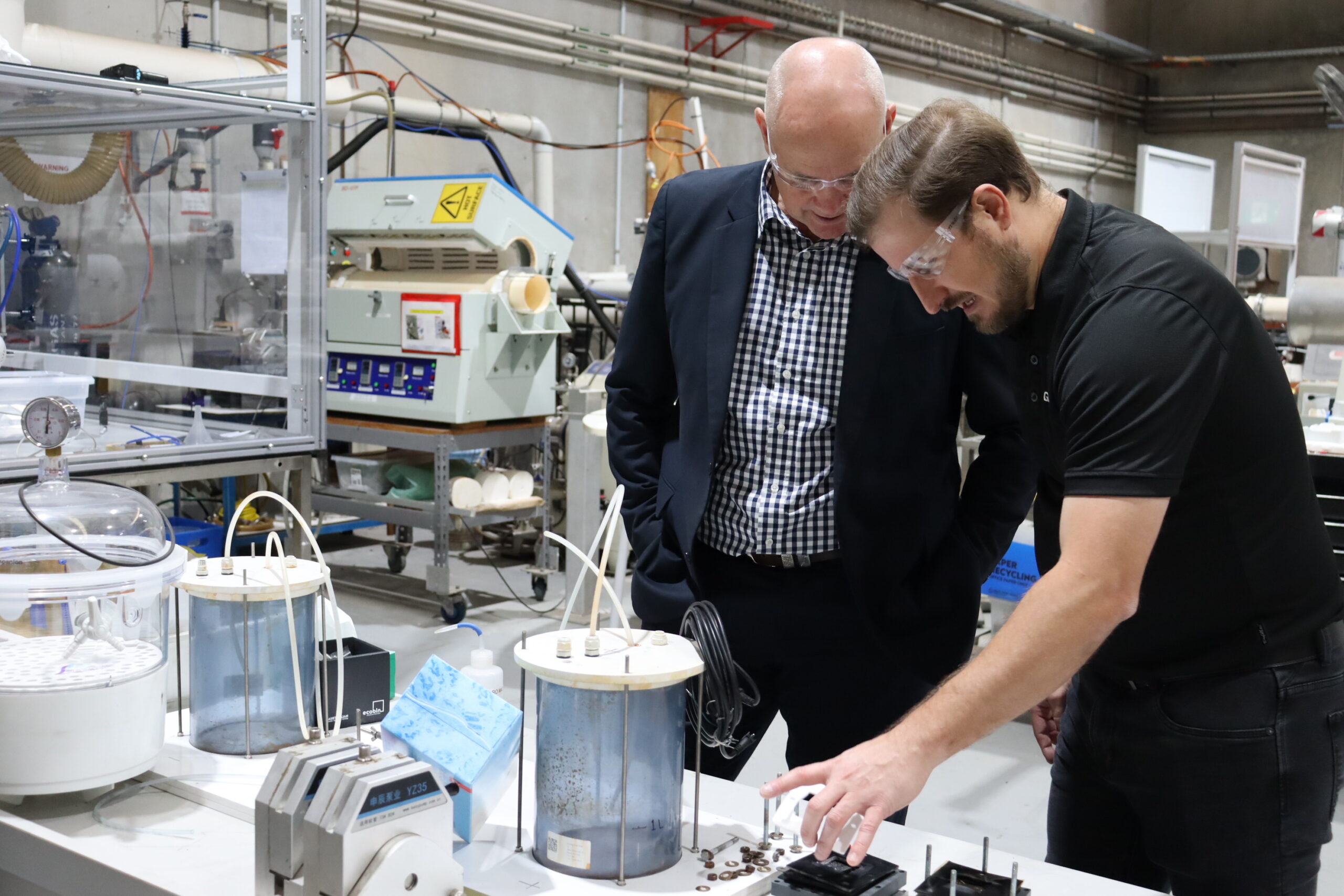More than half the companies in Australia’s battery supply chain are either equipment suppliers or offer integration services and maintenance, according to a new database launched by the Queensland government.
The Battery Supply Chain Database, launched on Tuesday, lists companies that have existing capabilities in one of eight supply chain segments, as well as their potential capabilities, to help identify supply chain gaps and facilitate collaboration.
The database was produced with the Advanced Materials and Battery Council under the state’s Battery Industry Strategy. It comes two months after the release of the National Battery Strategy which aims to expand Australia’s battery manufacturing capabilities.

The database lists 486 companies across eight supply chain segments, with 249 companies listed as either equipment manufacturers or suppliers (130) or integration services or maintenance providers (119).
The segment with the fewest firms is battery pack manufacturing (23). A further 29 firms are involved in the production of active materials and electrolyte and re-use and recycling.
The database also includes a list of state-owned corporations and organisations focused on modelling or research and development.
Advanced Material and Battery Council chief executive Quentin Hill said the “database is a practical tool to further enhance the ecosystem”.
“It’s a necessary practical step to promote government, industry and research knowledge sharing in an emerging industry, which is critical to accelerate commercialisation and investment thereby unlocking significant social, environmental and economic benefits to Queensland,” Mr Hill said.
Queensland University of Technology’s director of the energy storage research group Associate Professor Joshua Watts added that the “database will strengthen collaboration and unlock further opportunities for local businesses to connect and generate resilient and sustainable supply chains”.
In the 2024-25 federal Budget, $523 million was set aside for a Battery Breakthrough initiative to target “the highest value opportunities in the supply chain”. The program will be administered by the Australian Renewable Energy Agency but specifics have yet to be designed.
Experts have warned the government not to use the initiative to focus on cell and battery pack manufacturing for electric cars and instead support active material and cell manufacturing for new chemistries and advanced lithium batteries.
According to a report commissioned by the Future Battery Industries Cooperative Research Centre, a diversified battery industry could add an additional $16.9 billion in value-add to the Australian economy by 2030.
Do you know more? Contact James Riley via Email.

